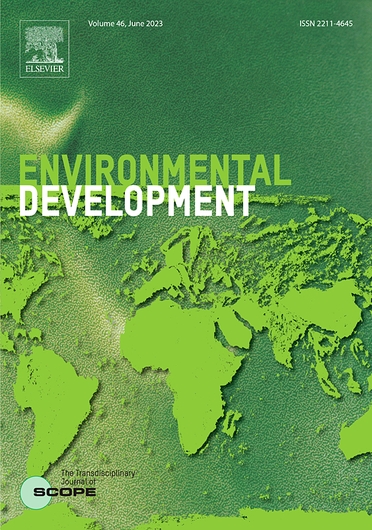A Delphi-based methodology for participatory adaptation pathways building with local stakeholders: methodological considerations and an illustrative application in peri-urban India
Abstract
Adaptation pathways is a planning approach used to design flexible, long-term strategies for dealing with future uncertainty. However, emphasis on how to discuss pathways elements with stakeholders during the pathways building process is under-represented in the existing pathways literature. This paper presents a participatory methodology for building normative adaptation pathways with local stakeholders. Iterative discussions are facilitated using a Delphi study that is designed to explicitly consider institutional, and multi-actor dimensions in the formulation of future adaptive strategies. This leads to adaptation pathways that are more inclusive of local needs. This paper describes the steps for iteratively designing adaptation pathways in a multi-actor setting through a Delphi study.
A pilot application of this Delphi-based adaptation pathway approach is illustrated with local actors in peri-urban Kolkata (India) for future water management. It demonstrates how this methodology offers a structured way to introduce pathways thinking to local stakeholders and helps build consensus about future preferences and adaptation options. Moreover, it stimulates discussions about normative differences across and within stakeholder groups through the underlying values that define future pathways as well as the institutional adjustments needed to successfully activate adaptations strategies over time. Future work may be directed towards to strengthening discussions around uncertainty, connecting pathways to a broader set of future scenarios, and comparing this facilitation method against other existing ones.

